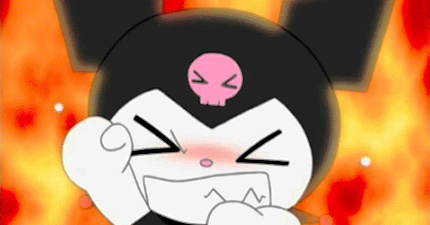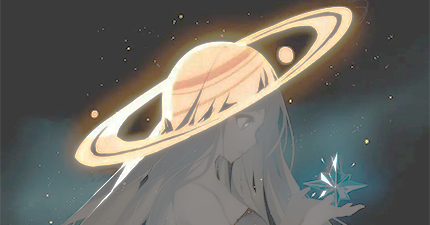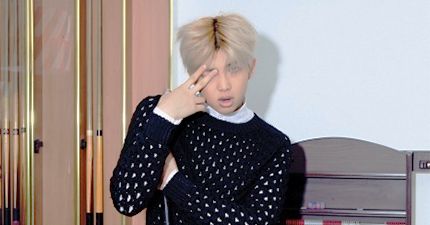When I watched the video of Aaron Bushnell’s self immolation, I felt vertigo. I felt resolve, I saw pain, and I heard “free Palestine.” I felt both confusion and clarity. How could someone ignore their own instincts for survival and set themselves on fire? And when witnessing so many people burn, how could we not heed our desire to disappear and burn along with the innocent?
I feel it. I know that a lot of people do too. When the world around us starts to die, we begin to make psychological preparations to accept death ourselves.
I work on the principle of affirming life. With my clients, community, and myself I am loyal to the principle that keeping ourselves alive is more vital than accepting death. Death is inevitable and must be dignified but life is still pivotal because life provides the material for change. Change is what we need. If we stay alive when we can, then we can keep changing and changing the world around us. We should try our best to stay alive as long as we can and we should try our best to keep the most oppressed among us alive.
Basically, I want people to stay alive. If Aaron Bushnell were someone I knew, I would probably have tried to talk him out of what he did.
If this is the case, then how could I be so strongly moved by Aaron Bushnell’s final act? I saw his face and heard his voice. He stood upright even as his body burned just to make sure that his last words were “free Palestine.”I saw what he did and I feel that it is right to honor him and the people of Gaza who he decided to burn with, not to disparage or exploit the meaning of anyone’s death but to understand each death through justice.
The earliest recorded case of self immolation was a monk named Fayu who protested against the emperor during the Qin dynasty. In the past, shamans sometimes burned themselves to death in order to bring in rain during periods of drought. Self immolation isn’t the only form of ritualistic self mutilation used for spiritual power. People also wrote letters using their own blood, slices off sections of their own flesh to feed their ill parents, bound their own feet, and cut off their own noses. All of these actions were about gaining some kind of political or erotic or filial or spiritual power. People have committed acts of self mutilation for the sake of self expression throughout history.
Self immolation gained greater visibility in the west during the Vietnam war when Vietnamese monks started to burn themselves to protest the suffering of their people. Tibetan monks continue to self immolate to protest the occupation of their land and suffering of their people. This part of self immolation’s history is why we associate the act with Buddhism even though non-Buddhists have done it. This is also why we say that self immolation is not suicide—because Buddhists believe in eternal life. Self immolation is an act with a history. It is usually Buddhist but it’s not uniquely Buddhist. It has existed alongside other acts of spiritual, erotic, and political masochism for a long time.
People tend to commit more acts of masochism when we are unable to access the means for action. But self immolation has also been a part of political action for a long time. Is self immolation an act of despair or is it an action? Is it suicide when the person doing is not Buddhist and does not subscribe to the notion of eternal life? Is suicide an acceptable form of activism? What if suicide is a an of activism that people are coerced into by despair? What if some of us experience our suicidal ideation as inherently political?
I hear people talk about how they don’t want to live in our world anymore all the time. I feel it too. What would it be like to just end it here? To end my burden of responsibility and erase my complicity in this horrible violence?
I still want to stay alive and I still want other people to stay alive. I’ll tell you why:
Aaron Bushnell was an activist. He clearly intended his self immolation as a cry for help. Whether his death was a suicide or not doesn’t matter nearly as much as what it so clearly was—a cry for help.
When I heard about what Aaron Bushnell did, I felt despair but I also felt relief because his death horrified the hearts of millions. It was on the news. It was talked about. His last words were read on CNN. This is what should happen when a human being burns. We should react to the burning of a person with horror. So why have we been seeing so many men, women, and children in Gaza burn without any kind human reaction from those with the power to stop this violence? Why is our world so sociopathic?
Aaron Bushnell didn’t burn alone. He burned not for Palestine but with Palestine. There are children trapped under rubble. People are burning. People are being trampled by tanks.
We should all feel chilled by the lack of institutional reaction not just to Bushnell but to everyone killed in Gaza. What Aaron Bushnell did was descriptive. He demonstrated for everyone who is used to humanizing white, male Americans the so-called United States’s complete apathy. He gave his life to deliver this truth. Already, most news outlets are dehumanizing Bushnell and neutralizing the political dimension of what he did by saying that he had mental illness. As though people with mental illness can have no political message?
As people, we have to do better than the institutions that continually fail us. What do you do when you hear a cry for help?
You listen. You try your best to listen.
Here’s how you listen to someone who is experiencing political despair. You actually engage. You refrain from judging or dismissing their perspective. You try to understand why they want to do the things they want to do and if there is a way, besides death, to meet their unmet needs. If they are reacting to the despair of genocide, then stop the genocide. We have to fight together with the wild hope that something besides burning ourselves can stop a genocide.
And why is that a wild hope? Our oppressors don’t have consciences. Thich Naht Hahn described self immolation as an appeal to conscience in his letter to Dr. King but the people with the power to decide where weapons go are not listening to any appeals to their consciences. That makes it even more important that the rest of us listen. If our rulers had consciences and were willing to hear dying people, then the world would already look different. We have to make sure that we listen to people before they start dying. I heard a speaker named J say at a protest recently, “We protest not to appeal to the conscience of sociopaths but to show them how alone they are.” We protest not to beg for mercy but to show people in our community that they are not alone.
Back in the 60’s, Thich Nhat Hanh was already writing about self immolation as a rare act intended to be a cry for help. It is not for everyone because, to heed this cry for help is also a huge task and to do that you have to stay alive. For everyone who is crying for help, there has to be someone who listens. To answer self immolation as a cry for help, we have to be willing to listen to despair. We have to be willing to listen for what burning people need so we can acknowledge and meet those needs. We have to listen before people start to die. People are burning. Do you hear their cries for help?
1 of 189
>>>


